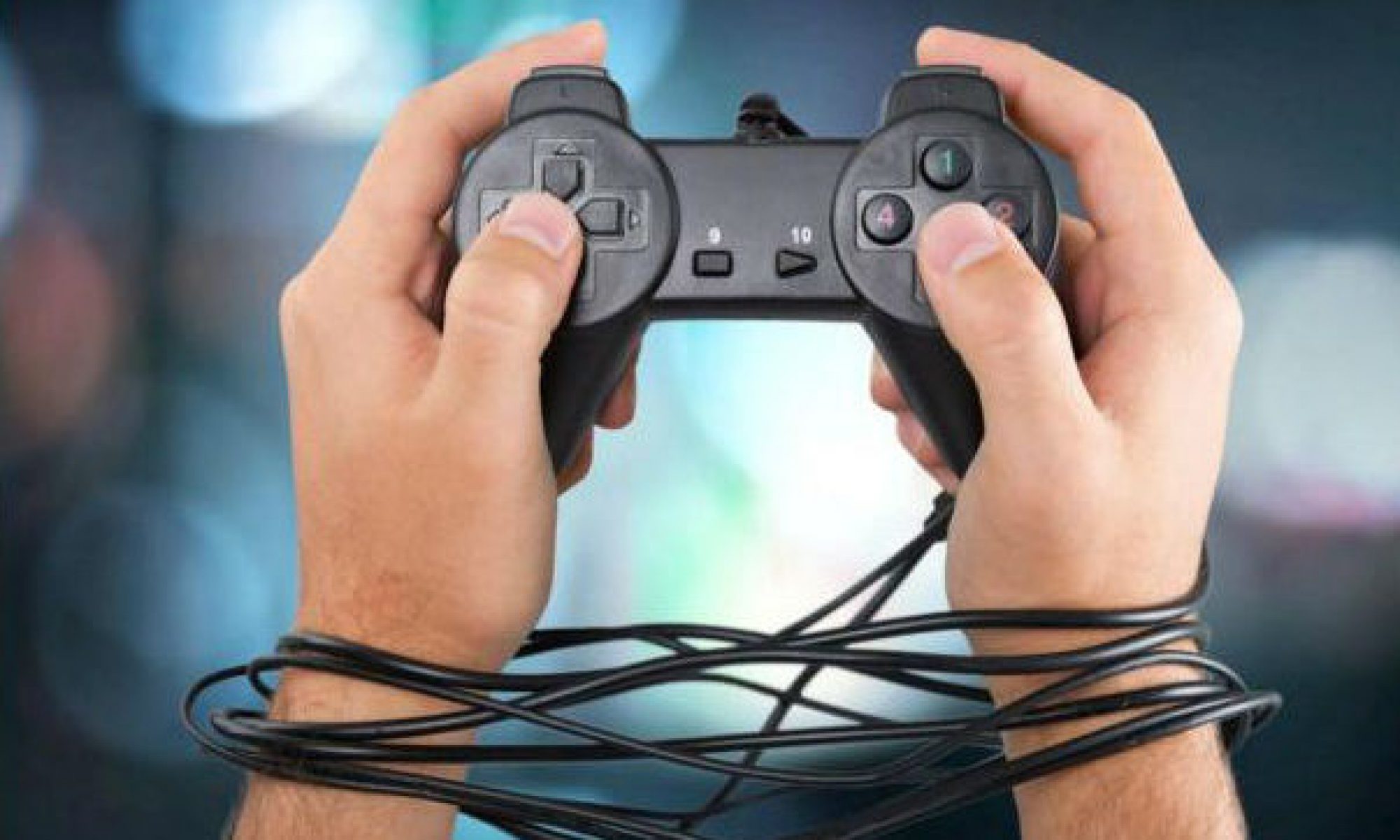Video games have become an incredibly popular pastime for people of all ages and they can be a great way to relax, entertain, and even boost problem-solving skills. Unfortunately, video game addiction can lead to serious psychological and emotional issues, so it’s important to be aware of the signs and symptoms. The cycle of video game addiction has several stages: desensitization, escape, escapism, and obsession. In this article, we’ll look at each stage in the cycle and what to do if you think you or someone you know may be addicted to video games.
Desensitization
The first stage of the cycle of video game addiction is desensitization. This is when the player starts to become desensitized to the violence, difficulty, and other aspects of the game. As they become more likely to accept and participate in the violence of the game, it’s easier for them to become addicted to the game’s loop of reward and punishment. After a period of playing, the player may start to feel an emotional “high” when they complete an objective or “win” a level.
Escape
The second stage of the cycle of video game addiction is escape. The player starts to spend more and more time in the virtual world, seeking refuge from stressful or unpleasant realities. The player may become more isolated as they start to replace real-world activities and relationships with online ones. Eventually, the player may become more dependent on the virtual world for entertainment, relaxation, and even escape from unpleasant feelings.
Escapism
The third stage of the cycle is escapism. The player may start to rely on the video game to shut down any mental or emotional problems they have and just focus on the goal of playing the game. The game may start to take up more time in their lives as they become more and more addicted to it. At this point, it can be difficult for the player to stop or think about the long-term consequences of their gaming habits.
Obsession
The fourth and final stage of the cycle is obsession. Here, the player’s entire life revolves around the game and they may become unwilling to do anything else. They may end up withdrawing from family and friends and become increasingly agitated when they are not playing the game. This is the most dangerous stage of the cycle and the most likely to cause serious psychological and emotional issues, so it’s important to recognize the signs and intervene immediately.
Breaking the Cycle
If you think you or someone you know is addicted to video games, there are steps you can take to help break the cycle of addiction. Here are a few tips to help:
• Set limits. Set boundaries and rules with yourself or someone else regarding how much time can be spent playing video games each day.
• Take a break. Step away from the game for a while and engage in other activities to give yourself some space.
• Connect with others. Reach out to family and friends or join a support group to discuss your struggles with video game addiction.
• Seek professional help. If you are feeling overwhelmed and unable to break the cycle on your own, it may be time to speak to a mental health professional.
Video games have the potential to be great fun and beneficial, but the cycle of video game addiction can lead to very serious issues. It’s important to recognize the signs and symptoms of addiction, set limits, and seek assistance when necessary. With the right help and support, it is possible to break the cycle and move on in a positive direction.
